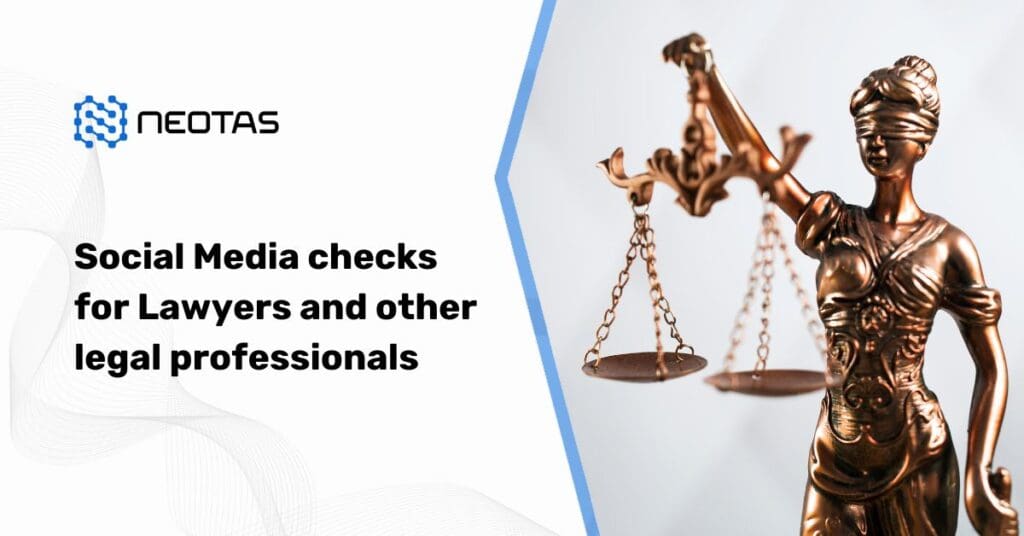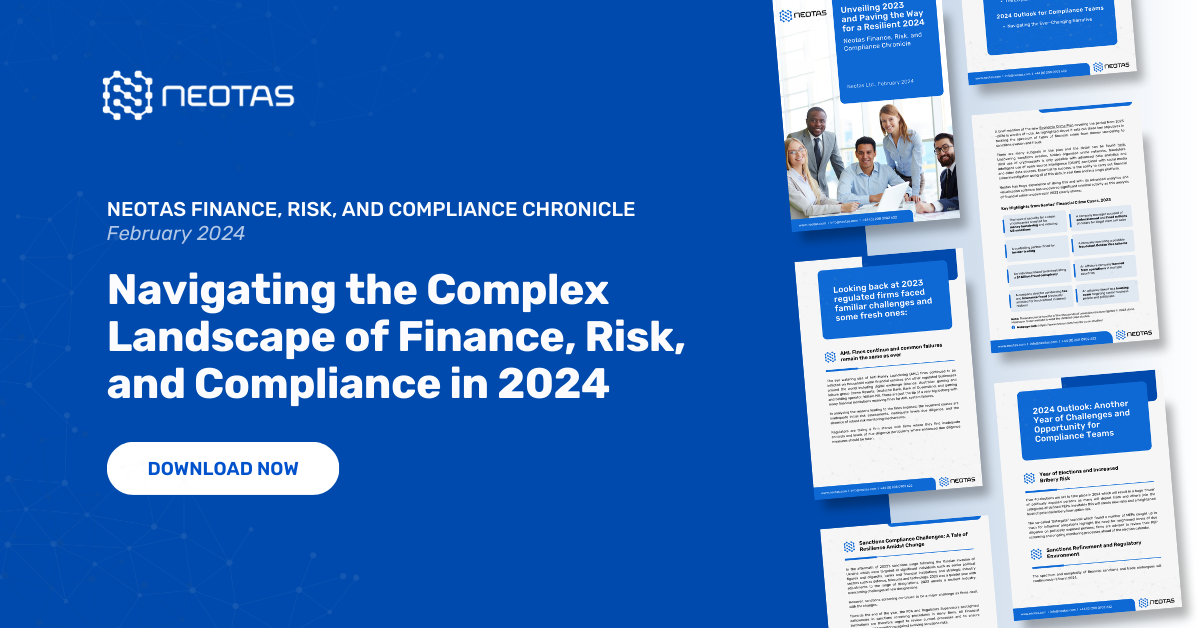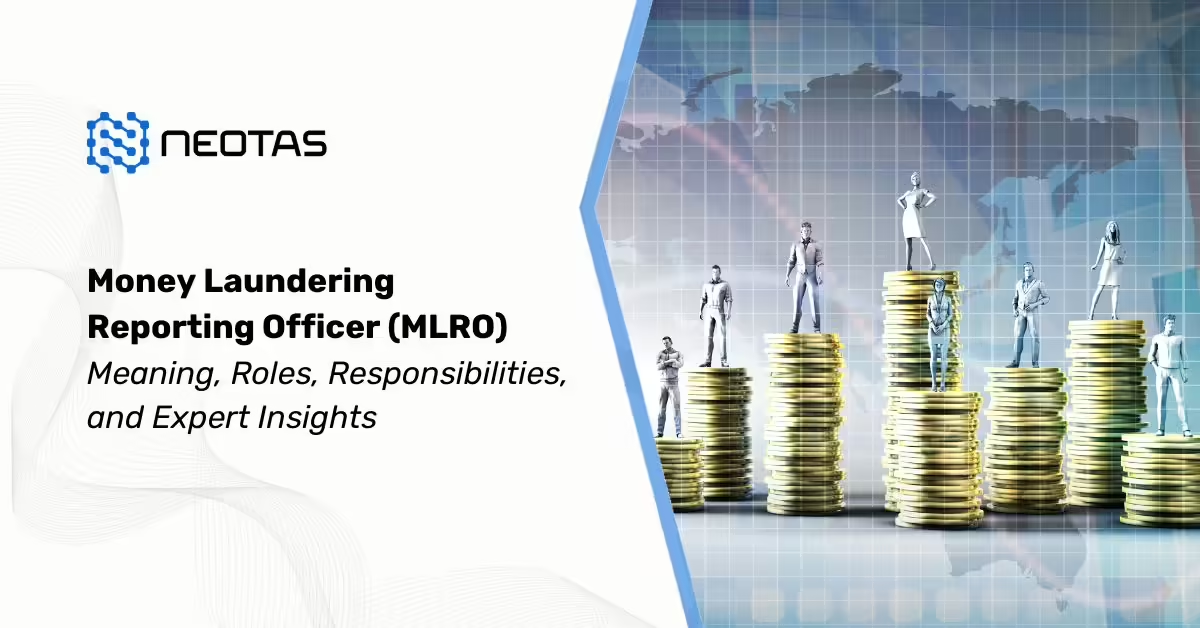Social Media checks for Lawyers and other legal professionals
In recent years, social media has become a ubiquitous part of our lives, with millions of people using it every day to share their thoughts, opinions, and experiences with others. Social media has also become an increasingly important tool for businesses and organizations to promote themselves and connect with their customers. However, with the increasing use of social media, there are also concerns about the potential risks it poses to individuals and organizations, especially in the legal sector.
Trust
Lawyers and legal professionals are individuals who are entrusted with sensitive and confidential information on a regular basis. This information can include details about ongoing legal cases, client information, and other sensitive data that needs to be kept confidential. Therefore, it is important to ensure that these individuals are responsible and trustworthy, and that they do not engage in activities that could jeopardize the safety and security of the clients they serve.
One way to ensure that Lawyers and legal workers are trustworthy is to subject them to social media checks. Social media checks can help to uncover any inappropriate behaviour, unethical conduct, or potential conflicts of interest that could harm the reputation of the individual or their organisation. For example, a social media check could uncover evidence of discriminatory behaviour, drug use, or excessive drinking that could reflect poorly on the individual or the organisation they work for.
Client Confidentiality
In addition to protecting the reputation of the individual and their organisation, social media checks can also help to protect the safety and security of their clients. Lawyers and legal workers are often required to handle sensitive and confidential information, which means that they need to be trustworthy and responsible. A social media check can help to identify any potential risks, such as an individual who has expressed criminal, violent or threatening behaviour online, and prevent them from being hired or retained by the organisation.
Standards of Ethical Behaviour
Another important reason why Lawyers and legal workers should be subjected to social media checks is to ensure that they are compliant with legal and ethical standards. Legal professionals are held to a high standard of professional conduct, and any behaviour that is deemed unethical or illegal could lead to serious consequences, including disciplinary action or even revocation of their license to practice law. By subjecting Lawyers and legal workers to social media checks, organisations can ensure they are complying with these standards and upholding the integrity of the legal profession.
It is important to note that social media checks should not be used as the sole basis for hiring or firing an individual. Rather, they should be used as a supplementary tool to help organisations make informed decisions about the individuals they hire or retain. It is also important to ensure that any social media checks are conducted in a fair and consistent manner, and that individuals are given the opportunity to explain or clarify any issues that may arise.
In conclusion, Lawyers and legal workers are entrusted with sensitive and confidential information on a regular basis, and it is important to ensure that they are responsible, trustworthy, and compliant with legal and ethical standards. Social media checks can help to identify any potential risks or issues that could harm the reputation of the individual or their organisation and protect the safety and security of their clients. Social media checks area valuable tool to help organisations make informed decisions about the individuals they hire or retain.
Neotas Social Media checks for Lawyers and other legal professionals
Neotas’ Social Media Screening goes beyond the surface, delving deep into a candidate’s or employee’s digital footprint to provide comprehensive insights. By harnessing the latest OSINT technology and expert analysis, Neotas can uncover valuable information that traditional background checks might miss, ensuring a more holistic evaluation of individuals.
With this service, employers can make well-informed decisions, safeguarding their organizations from potential reputational risks, security breaches, or any other concerns that could arise from an employee’s online activities. By proactively screening social media accounts, Neotas enables businesses to maintain a safe and secure working environment while protecting their brand integrity.
Schedule a call today!
We highlight behavioural risks identified across social media profiles and the wider internet. Supplements the background screening process. Learn more about how we can help you conduct social media screening and background checks in a safe and compliant manner.
Related Content on Social Media Screening, Background Checks, and Social Media Background Check
- OSINT Background Check | What Makes Neotas Different?
- Social Media Background Checks For Education Industry
- Social Media Check For Teachers
- Social Media check for Lawyers and other legal professionals
- Social Media Check for doctors and healthcare specialists
- Social Media Check for Police Officers
- How Social Media Screening Benefits Our Clients
- AI-Based Social Media Checks Without Human Intervention
- Avoid the cost of a bad hire with online reputation screening
- The Truth About Social Media Screening And GDPR
- How GDPR and FCRA Apply to Social Media Background Checks — The Do’s and Don’ts of Social Media Background Checks for Employers
- Regulatory Compliance in Digital Screening: International view of the emerging Challenges and Opportunities
- Social Media Screening Webinar — Vero Screening X Neotas
- Neotas Online & Social Media Screening Video
- Pre-Employment Background Checks and Social Media Screening – What NOT To Do
- Online Reputation Screening Uncovers Piracy & Data Leak History For Candidate
- Pre Employment Social Media Screening Helps Firm Avoid Abusive Hiring Candidate



 Financial Crime Compliance Trends 2024
Financial Crime Compliance Trends 2024












